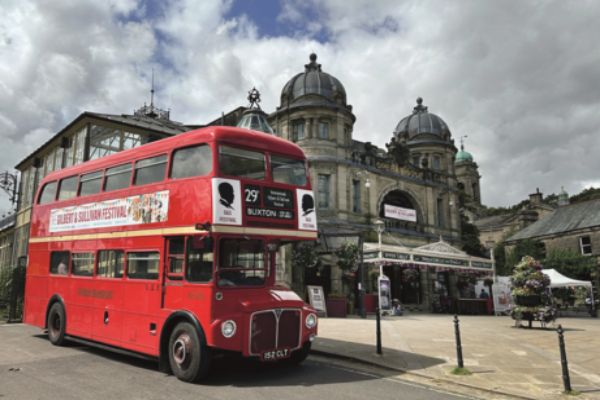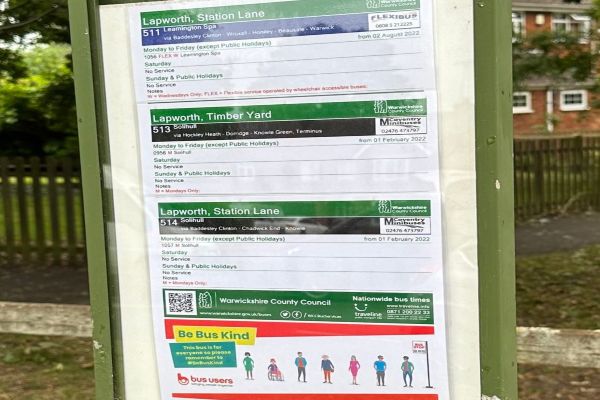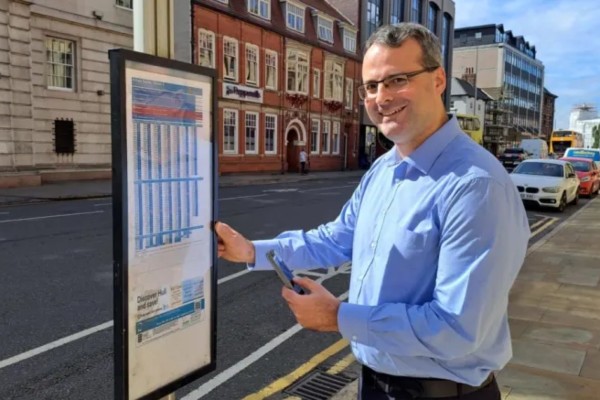How to achieve this?
I have always held the view that you need properly trained schedulers, who understand the basics of manual scheduling. I can hear people say: “Why do we need to train schedulers when we have a computerised scheduling system?”
This is a view that I have heard many times over the years, and more so recently. But you need to make sure that the data, parameters, and agreements are entered accurately and adhered to, and that needs a fundamental knowledge of scheduling.
My response would be: “Would you let anyone untrained use accountancy software to do your year-end profit and loss accounts?” I think I know what the answer to that might be! So why would you put someone with no basic knowledge of scheduling in control of 40% of your costs and the wellbeing of your drivers?
This basic knowledge allows the scheduler to accurately enter the data to produce an efficient schedule, and make sure that what is generated adheres to these requirements with all work covered correctly, including any additional requirements such as walk times, depot trips, and minimum join-up times.
If these important items are missed, the efficiency of duties will be inaccurate, and you also do not want to risk upsetting your drivers by missing off pieces of work.
The importance of manual scheduling training
I always insisted that every member of the Omnibus team attended Jim Hulme’s TransACT manual scheduling training course. When Jim retired, Omnibus took over the course to make sure that this knowledge continues to be passed on. The course continues to this day, and it proves to be very popular.
With a firm understanding of manual scheduling, a scheduler will know what is achievable with regard to the number of bus and crew duties, and their associated costs, and will be able to benchmark the computer’s output to make sure that it is in line with what they expect.
They will also have the skills to fine-tune the generated schedule to better suit agreements, and even make it more driver friendly.
The next stage of the scheduling process is compiling the rotas. Again, a trained scheduler will be able to make sure that all agreements are correctly adhered to, and where possible, place duties in such a way as to produce rotas that are not only efficient, but, as much as possible, driver friendly.
A computer can produce automatic rotas, but they need to be checked, and sometimes fine-tuned to better suit agreements.
Drivers are unique
Not all drivers want the same thing to achieve their work-life balance. For example, when I drove buses at Hyde Road depot in Manchester in the late-1980s, a ‘one late a week’ rota was introduced.
It did not suit me, because I preferred a similar duty all week, but it suited others. So it could be better to have rotas that may be a little less efficient, but more driver friendly and suit the various lifestyle needs, which in the long run may help to cut staff turnover and all its associated costs.
So in conclusion, having efficient but realistic duties and rotas is necessary to help reduce staff turnover – and I would argue that a skilled scheduler is vitally important to help achieve that.
This article originally appeared in routeone magazine.

















 Jeanette Townson, Bus Development Manager at Merseytravel, said: “The implementation of Omnibus scheduling suite will help streamline and increase the efficiency of the tendering process by removing the need for manual data entry.
Jeanette Townson, Bus Development Manager at Merseytravel, said: “The implementation of Omnibus scheduling suite will help streamline and increase the efficiency of the tendering process by removing the need for manual data entry.